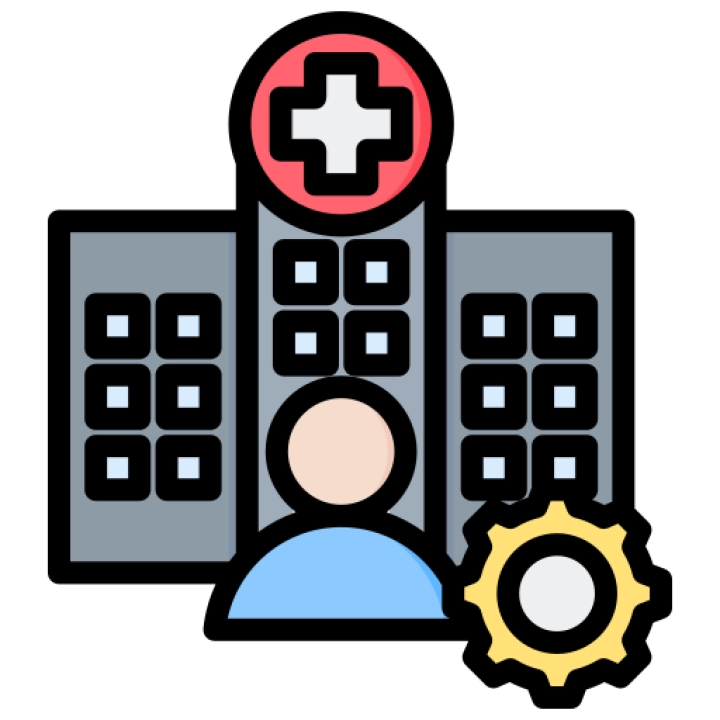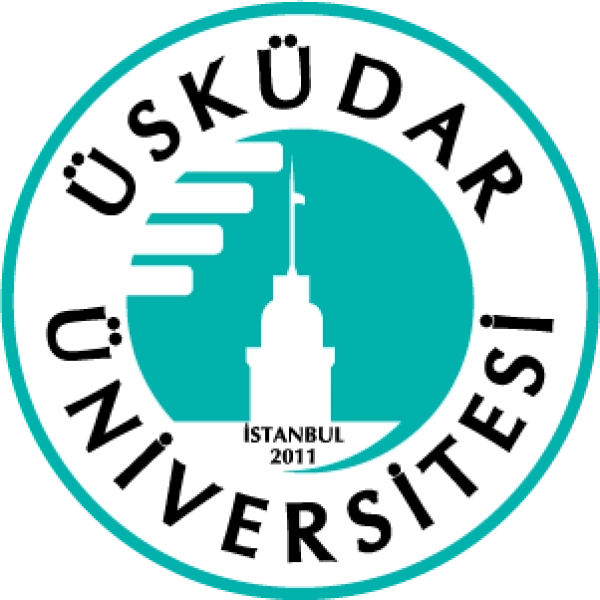College: Health Sciences
This specialization prepares students for leadership roles in managing healthcare organizations. Students develop practical skills and theoretical knowledge in healthcare management, strategic planning, financial management, and quality improvement. Graduates are equipped for roles in hospitals, clinics, healthcare networks, and public health organizations.
Learning Objectives:
- Understand the fundamentals of healthcare administration and management.
- Develop skills in strategic planning, financial management, and operational efficiency.
- Learn techniques for quality improvement, patient safety, and risk management.
- Explore principles of healthcare policy, ethics, and legal compliance.
- Analyze challenges and opportunities in healthcare management and leadership.
- Develop critical thinking, problem-solving, and leadership skills for effective healthcare management.
Main Curriculum:
- Introduction to Healthcare Management
- Overview of key concepts and industry trends in healthcare management.
- Basics of healthcare systems, administration, and leadership.
- Strategic Planning in Healthcare
- Principles of strategic planning and management in healthcare.
- Techniques for developing and implementing strategic plans for healthcare organizations.
- Financial Management in Healthcare
- Basics of financial management, budgeting, and cost control in healthcare.
- Techniques for financial planning, analysis, and decision making.
- Operations Management in Healthcare
- Principles of operations management and process improvement in healthcare.
- Techniques to enhance operational efficiency and patient flow.
- Quality Improvement and Patient Safety
- Basics of quality improvement, patient safety, and risk management.
- Techniques for implementing quality improvement initiatives and ensuring patient safety.
- Healthcare Policy and Ethics
- Principles of healthcare policy, ethics, and legal compliance.
- Techniques for navigating healthcare policies, ethical dilemmas, and legal requirements.
- Human Resource Management in Healthcare
- Basics of human resource management, recruitment, and employee retention in healthcare.
- Techniques for workforce management and development in healthcare.
- Health Information Management
- Principles of health information management and technology.
- Techniques for managing electronic health records, data analytics, and information systems.
- Practicum in Healthcare Management
- Hands-on experiences in healthcare management, including observations, internships, and practical projects in hospitals or clinics or healthcare networks.
- Applying acquired skills in practical healthcare management scenarios.
- Capstone Project in Healthcare Management
- Comprehensive project to apply skills in strategic planning, financial management, or quality improvement.
- Presenting a polished project or case study in healthcare management.
Assessment Methods:
- Strategic planning reports, financial management analyses, operations management plans, quality improvement projects, policy and ethics analyses, human resource management plans, health information management projects, practicum reports, capstone projects, group projects, and internship evaluations.
Recommended Textbooks:
- "Healthcare Management: Organization Design and Behavior" by Sharon B. Buchbinder and Nancy H. Shanks.
- "Strategic Planning in Healthcare" by various authors.
- "Financial Management in Healthcare" by various authors.
- "Operations Management in Healthcare" by various authors.
- "Quality Improvement in Healthcare" by various authors.
- "Healthcare Policy and Ethics" by various authors.
- "Human Resource Management in Healthcare" by various authors.
- "Health Information Management" by various authors.
Prerequisites:
Basic knowledge of healthcare systems, management principles, and business management. Suitable for students interested in healthcare management, administration, and leadership.
Duration of Specialization:
Typically 4 years to achieve a bachelor's degree, including coursework, projects, practicum, and internships.
Certification:
Graduates can obtain a degree in health organization management and pursue professional certifications such as Certified Healthcare Executive (CHE) or related fields.
Target Audience:
Aspiring healthcare managers, administrators, and leaders looking to work in hospitals, clinics, healthcare networks, and public health organizations. This specialization provides students with the practical, theoretical, and leadership skills needed to excel in managing healthcare organizations and support careers in healthcare management, strategic planning, and quality improvement.

